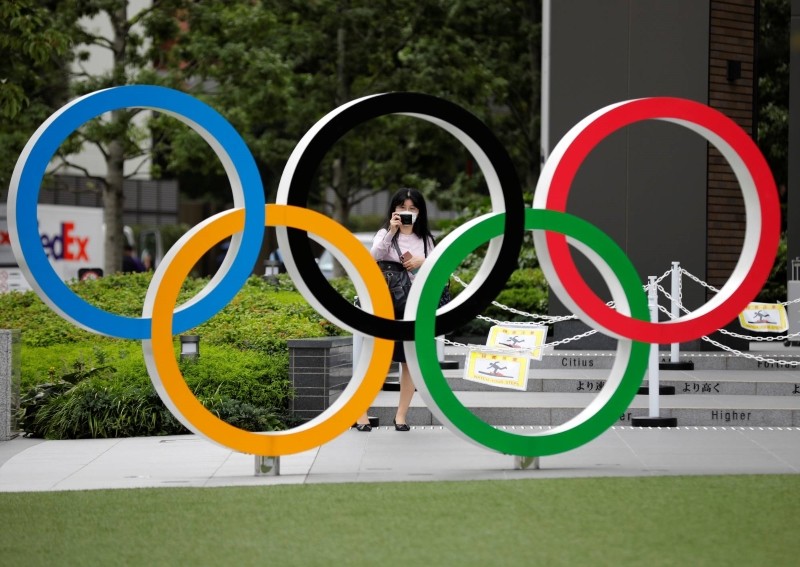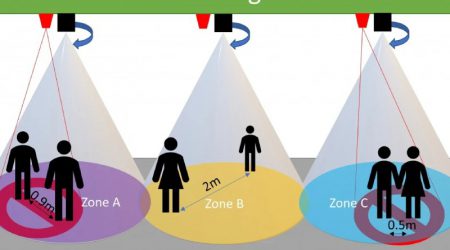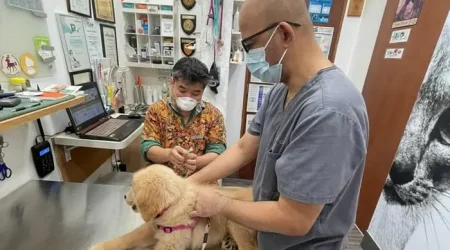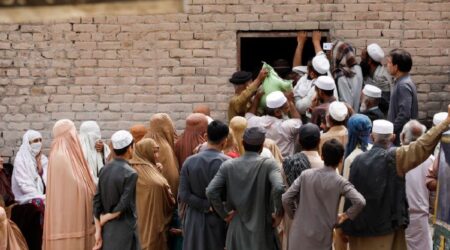Olympics: Japan reassures Tokyo Games can be safe as extended state of emergency eyed

Reuters
Japan pledged on Thursday (May 27) to keep in close contact with Olympic stakeholders at home and abroad to ensure a safe and secure Games even as it prepared to extend a state of emergency across much of the nation, including host city Tokyo.
Concerns remain rife about the safety of the 2020 Olympics, postponed for a year due to the coronavirus pandemic, with public opinion polls showing a majority of Japanese are opposed to holding the Games this summer amid struggles to control a fourth wave of the coronavirus and sluggish vaccine roll-out.
The government is currently preparing to extend a state of emergency across much of the nation originally set to be lifted on May 31, most likely well into June, officials have said – just weeks before the Games are set to open on July 23.
On Monday, the United States advised against travel to Japan, but Olympic organisers have said this will not affect the Games.
A day later, the Biden administration reaffirmed its support for Tokyo’s plan to hold the Olympic Games this summer and for US athletes competing there despite the travel advisory.
“Our position has not changed on the Olympics,” a senior administration official said on condition of anonymity. “We understand the careful considerations that the Japanese government and the International Olympic Committee are weighing as they prepare for the Tokyo Olympics this summer. The Government of Japan has stressed that public health remains the central priority as they plan to host the Games.”
On Wednesday, the White House said it had been assured by the Japanese government that it will keep in close contact about concerns over the Olympics.
Chief Cabinet Secretary Katsunobu Kato said Japan would continue making every effort to control the virus irrespective of the Olympics, and would be in close contact with concerned parties at home and abroad about the measures being taken in connection with the Games.
“Careful anti-infection measures are a crucial part of being able to deliver a safe and secure event,” he told a press conference. “We will maintain close and periodic contact with all those concerned, both within the country and without, to explain what we’re doing on this score.”
Just over five per cent of Japan has received vaccinations, and it has recorded about 719,000 infections and 12,394 deaths.
The Asahi Shimbun, an official partner of the Tokyo Olympics, carried an editorial on Wednesday urging the Games be cancelled, but a former International Olympic Committee (IOC) vice-president said later in the day the sports extravaganza should and would go ahead in July.
Canadian Dick Pound, the longest-serving member of the IOC, attributed some of this to “political posturing” with Japan due to have elections later in the year.
He also said he was surprised at the slow roll-out of vaccinations by the “very efficient” Japanese, and was confused by the state of emergency.
“The thing that has puzzled me… the state of emergency they have declared,” Pound added. “It’s called an emergency except all the restaurants and bars in Ginza are still open.”
In a sign of how uncertain the situation remains, however, Australia’s major sports leagues and Olympic hopefuls were left scrambling to make contingency plans after authorities announced a seven-day lockdown in the southern state of Victoria to contain a Covid-19 outbreak in Melbourne.












Leave a Reply